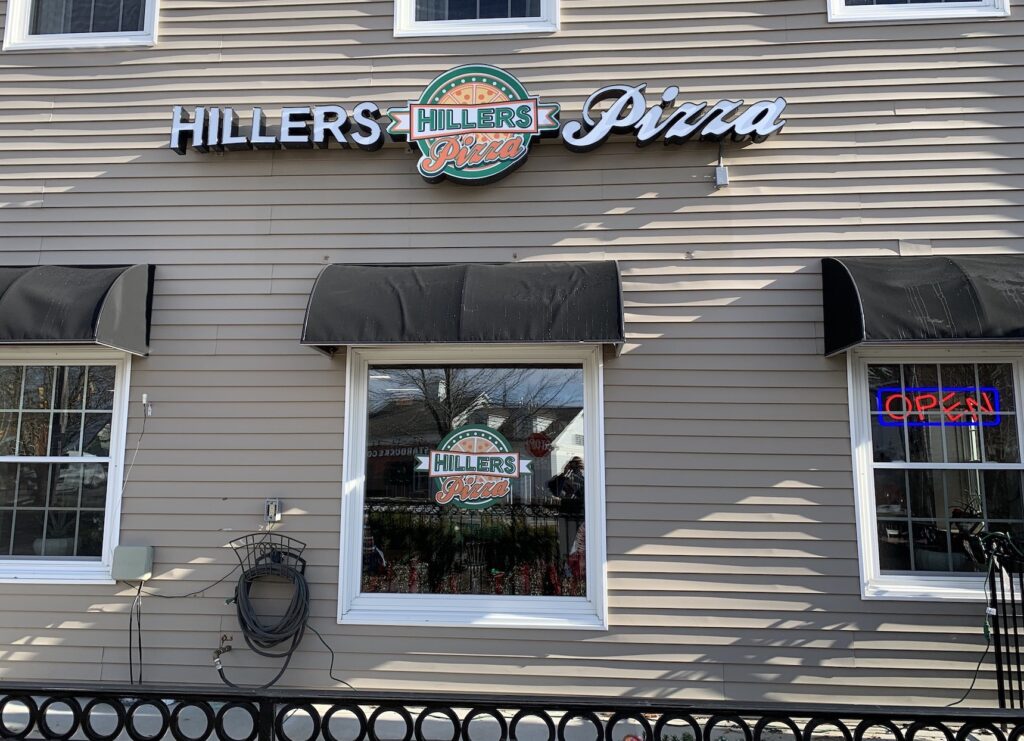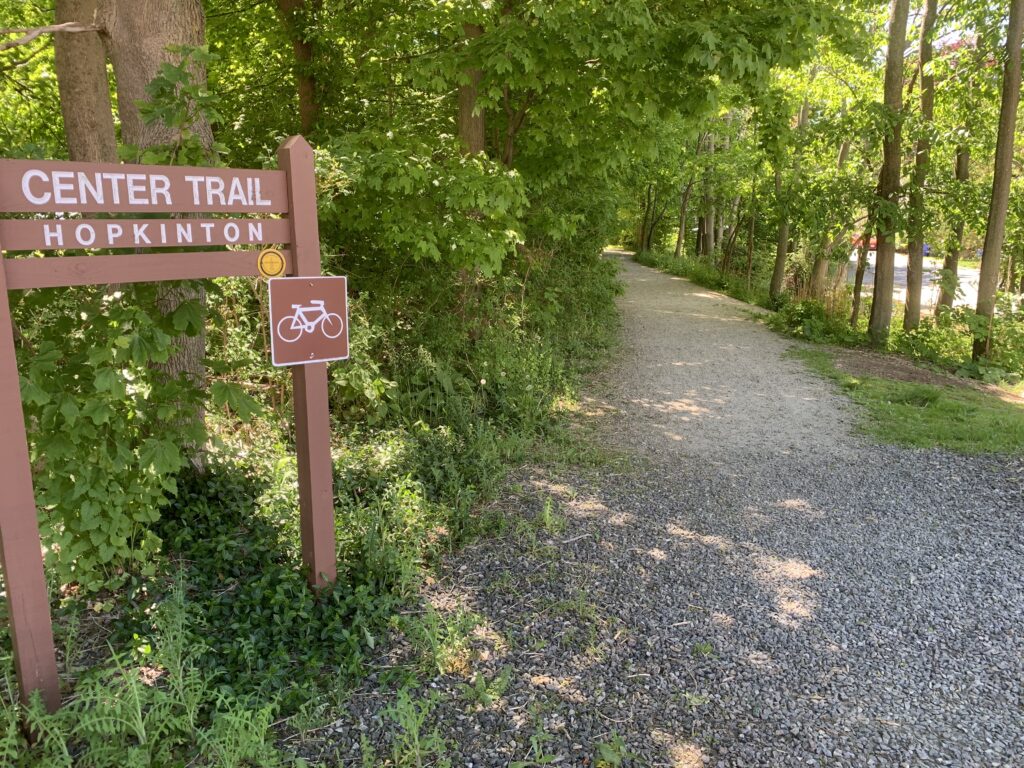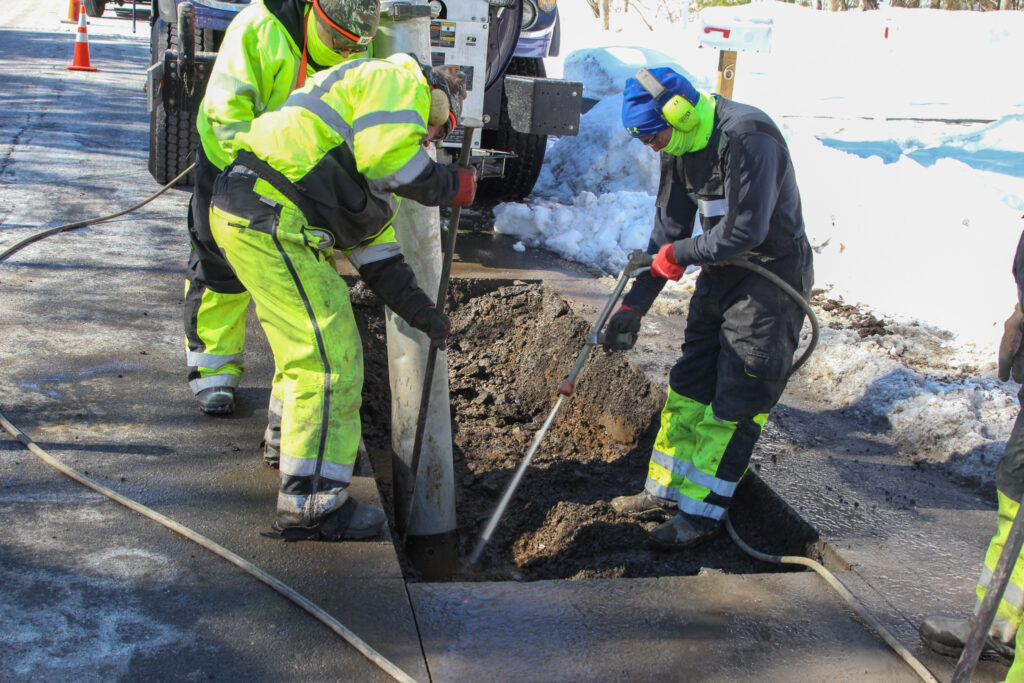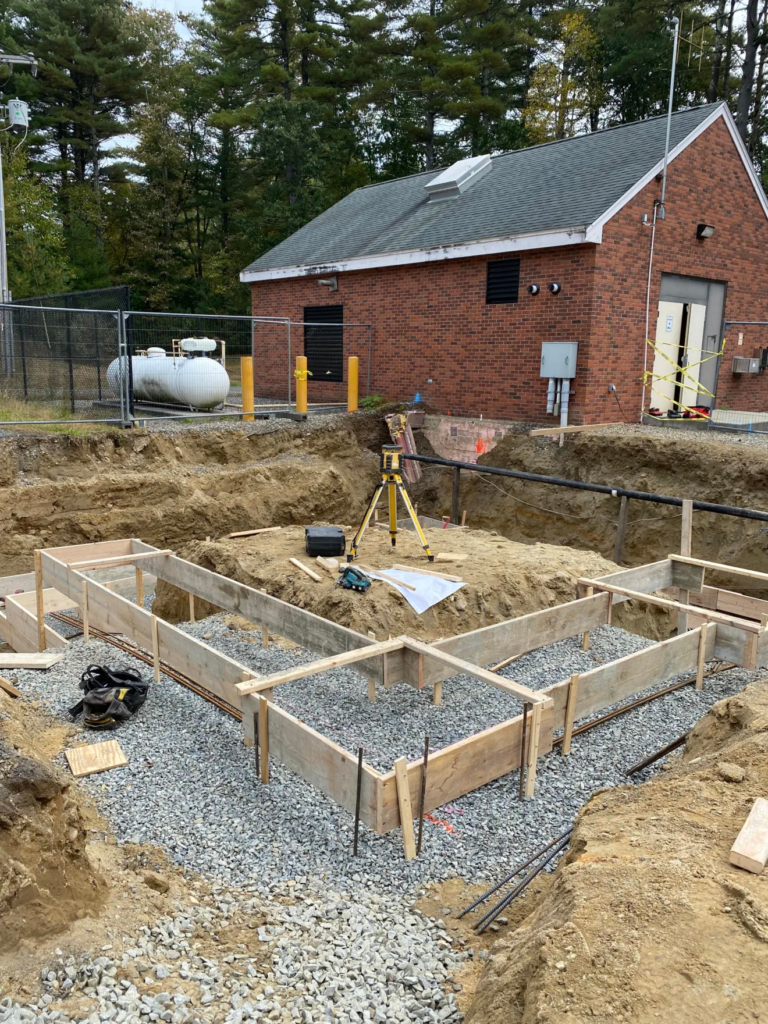The Hopkinton Health Department announced Tuesday afternoon that it decided to spray local ball fields as a precaution after receiving a state arbovirus alert that mosquito pools in Milford tested positive for West Nile virus earlier in the day.
In addition to Milford, mosquito samples in Norton and Quincy tested positive for West Nile virus, according to an email from Health Department Director Shaun McAuliffe. Mosquitoes previously tested positive in Framingham and Northbridge.
According to the Centers for Disease Control and Prevention website, West Nile virus is the leading cause of mosquito-borne disease in the continental United States. Cases occur during the summer and fall.
While most people who become infected do not experience symptoms, one out of five people will develop a fever or other symptoms, such as headache, body aches, joint pain, vomiting, diarrhea or rash. In one out of 150 cases, people can develop a severe illness affecting the central nervous system such as encephalitis or meningitis. In the most severe cases, people can die.
People with certain medical conditions, such as cancer, diabetes, hypertension and kidney disease, and people who have received organ transplants, are at greater risk for complications from West Nile virus exposure.
McAuliffe reminded residents to use mosquito repellents with an EPA-registered active ingredient and to observe peak mosquito activity at dusk and dawn. The Massachusetts Department of Public Health will continue enhanced surveillance activities in this region. Click on this link to access risk maps updated with Tuesday’s positive results.
He added that Hopkinton residents can contact the Central Mass Mosquito Control Project at this link to request free mosquito spraying at their home. The spraying has been approved by the state’s Department of Environmental Protection, Department of Public Health and Department of Agricultural Resources, as well as by local health departments.
Residents should click the Request Service Button on the right side of the page. The CMMCP sprays beginning at dusk and throughout the night, when human-biting mosquitoes are active. Spraying during the day is not as effective, as the pesticide needs to land on the mosquito to be effective.





















0 Comments